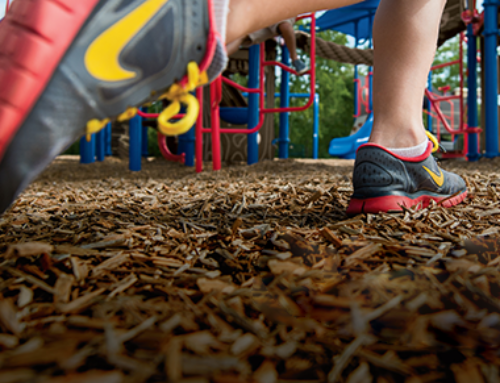The pressure to teach academic skills in pre-K and kindergarten has been increasing since the passage of the No Child Left Behind act 15 years ago. Today, many young children are required to sit in chairs, sometimes for long periods of time, as a teacher instructs them. This goes against their natural impulse to learn actively through play where they are fully engaged–body, mind, and spirit.
Play is an engine driving children to build ideas, learn skills and develop capacities they need in life. Kids all over the world play and no one has to teach them how. In play children develop problem solving skills, social and emotional awareness, self-regulation, imagination and inner resilience….No two children play alike; they develop at different rates and their different cultures and life experiences shape their play. But all children learn through play.
Many urban, low-income children have limited play opportunities outside of school, which makes in-school playtime even more vital for them. But what studies now show is that the children who need play the most in the early years of school get the least. Children in more affluent communities have more classroom play time. They have smaller class sizes and more experienced teachers who know how to provide for play-based learning. Children in low income, under-resourced communities have larger class sizes, less well-trained teachers, heavier doses of teacher-led drills and tests, and less play.




Leave A Comment